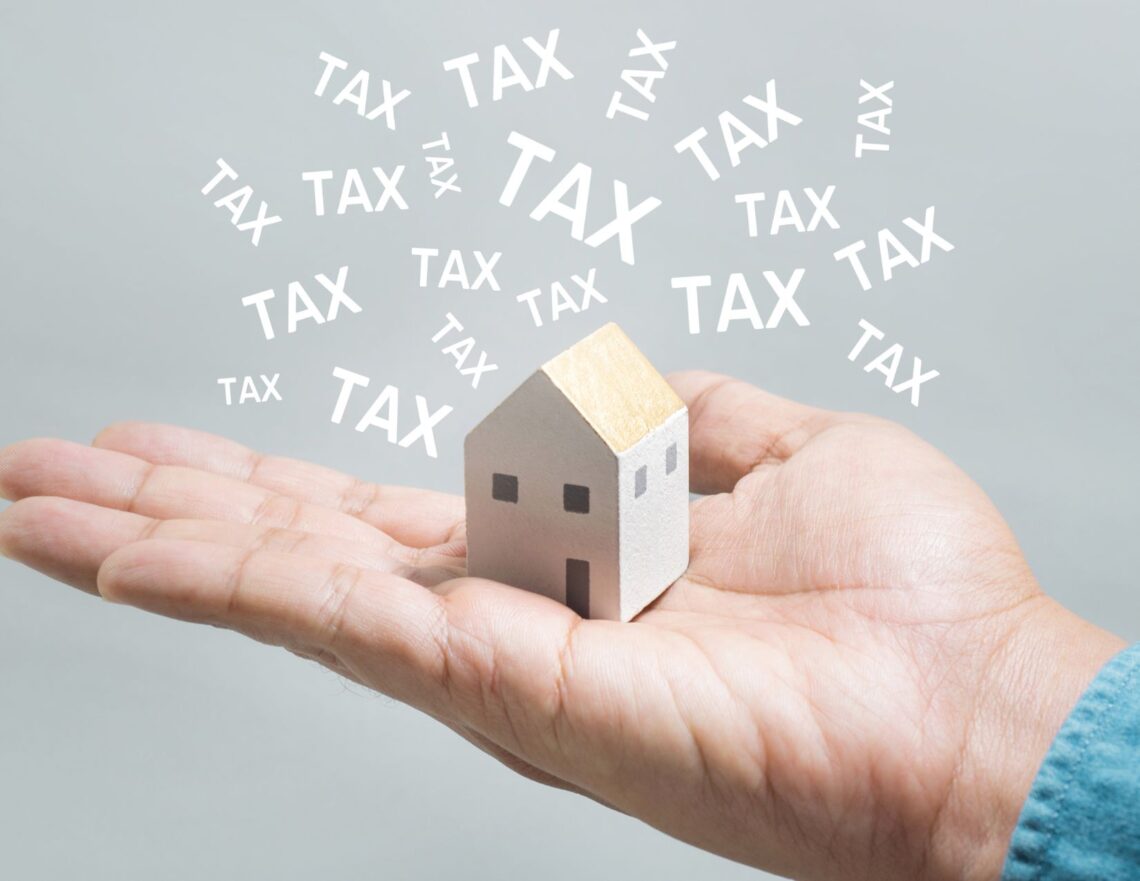04.20.2023 | Buying
When a real estate purchase falls through

While most real estate purchases go off smoothly, sometimes the unexpected pops up, and things don’t go as planned. When real estate purchases fall through, there can be expensive consequences for those involved. Going into a purchase offer well-researched, with the right people on your side, will help you protect your interests.
Reasons Real Estate Purchases Fall Through
In the last few years, we have seen an incredibly high-priced, fast-moving market. Home prices rose dramatically throughout Ontario, with some areas increasing by up to 111%! When the pandemic hit, and we were forced indoors, many people realized their current homes didn’t meet their needs. As demand rose, so did prices.
Once the market started to level again, we were hit with inflation. Home prices dropped, and interest rates rose, making the current landscape more challenging.
1. Rising Interest Rates
As mortgage rates increased, many Ontarians who had purchased and were waiting for a closing date were forced to make challenging choices. Some could no longer afford the bigger mortgage payments and had to back out. Others chose to absorb the cost of losing the deposit compared to the rising mortgage costs.
2. Buyers Not Getting Approved
As interest rates rise, it becomes more difficult to qualify for a loan. The government implemented stricter guidelines to ensure people can still cover their payments if rates continue to climb. Buyers must pass a stress test to show they can cover costs at a qualifying rate (typically higher than the actual rate).
If a buyer made an offer and didn’t pass the stress test to get approved, they would have to back out of the sale if they couldn’t come up with another financing option.
3. Houses Come in Under-Appraised
Before approving a loan, banks may order a home appraisal. Conducted by an impartial third party, this assessment helps determine the home’s current market value. In Ontario, home buyers can mortgage up to 80% of the appraised value on uninsured mortgages, or 95% on an insured mortgage.
This means the bank won’t finance the total amount if the appraisal is lower than the agreed-upon purchase price. If there is a gap, buyers are left to scrape together the difference.
Legal Ways to Back Out of a Real Estate Purchase
While a binding contract, there are a few ways to legally end a real estate purchase.
1. Conditional sale with unmet conditions
If still in the conditional period, and if the offer comes with conditions (such as a home inspection or financing approval) that are not met, you can back out legally from the sale with no consequences.
2. Issues outside the contract’s conditions
Once out of the conditional period, an agreement can become null and void for issues such as a lien on the home, substantial property damage, or knowing the seller’s misrepresentation.
What Happens When a Purchase Falls Through?
Laws in Canada are strict to protect all parties in real estate transactions. Once an offer is accepted, it becomes a legally binding agreement and can only be cancelled if both parties agree or one party gets a court order.
If a buyer backs out:
If a buyer fails to follow through with their offer, they will almost always lose their deposit and sometimes pay additional fees as compensation.
The sellers’ agent will hold the deposit unless both parties agree to sign a mutual release form or if one party gets a court order. The seller will likely only agree to sign once they have relisted and received another offer. The seller may also ask to recoup any damages due to the breach of agreement (such as storage fees, ongoing property taxes or mortgage interest).
In some cases, if the buyer backs out and the seller relists and sells for a lower price, they can sue the original buyer to recoup the difference.
If a seller backs out:
If a seller changes their mind, they will be accountable to the buyer. A buyer may have a legal claim against the original seller, especially if they must pay more for a similar second property. A seller may also be responsible for storage fees or additional moving expenses incurred because they failed to close.
How to Protect Yourself in a Real Estate Purchase
- Get professionals on your side. Real estate agents and real estate lawyers are here to protect your interests and look out for you during the completion of the sale.
- Adding the proper conditions into the offer will help protect your interests as a buyer.
- Always consult a lawyer before signing any purchase agreement to protect your interests.
- Get a mortgage pre-approval and know your numbers. Know what you can afford and give yourself a cushion. Don’t max out your budget.
- Take your time. Whenever possible, don’t rush into a real estate purchase. During the boom over the last few years, many people waived restrictions and jumped into sales, which caused problems at closing.
A home is one of, if not the biggest, purchase you will make. The last few years have shown the importance of getting the right people on your side when buying or selling real estate. Going into it confident that a professional is looking out for your best interests will make the entire process much more enjoyable!





